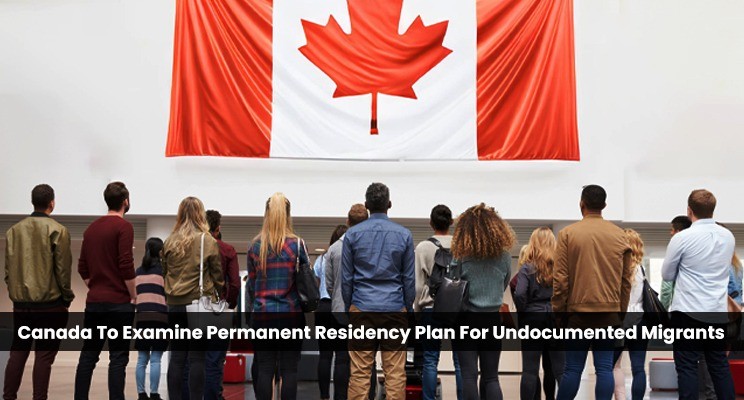
The federal cabinet may convene as early as this week to discuss plans to establish a pathway to citizenship for thousands of migrants living in Canada without legal status, including rejected asylum seekers. This initiative aligns with Prime Minister Justin Trudeau’s 2021 mandate letter to the former immigration minister, Sean Fraser, which called for building on existing pilot programs to explore ways of regularizing the status of undocumented workers contributing to Canadian communities.
In September 2023, migrants, including undocumented persons, students, and refugees, marched in Canadian cities to demand permanent residency status for all. Protesters called on the government to create an uncapped permanent residency program for all migrants and illegal immigrants, emphasizing the contributions of those who have been working and raising families in the country for decades despite facing the threat of deportation.
Immigration Minister Marc Miller is preparing a strategy for cabinet debate before Parliament’s summer session in a few weeks. The proposal suggests offering regularization and permanent residency to those living in Canada without legal status, including former international students whose study visas have expired. To avoid a sudden spike in the number of permanent residents, the government may consider staggered grants of permanent residency over several years, starting with work permits.
The proposal comes at a time when Canada has frozen the number of annual permanent residents at 500,000 by 2026 due to declining public support for immigration. The federal government has also set targets of 485,000 permanent residents in 2024 and 500,000 in 2025, the highest annual immigration targets in Canadian history.
Public opinion polls indicate a decline in support for immigration, with many Canadians associating a lack of affordable housing with the influx of newcomers. However, Syed Hussan, executive director of the Migrant Workers Alliance for Change, argues that regularizing the status of migrants already living and working in Canada will not exacerbate the housing crisis. He believes such a program could inject billions of dollars into the economy and serve as a litmus test of the government’s commitment to assisting migrants.
In an interview with The Globe and Mail last year, Minister Miller estimated that hundreds of thousands of people could be living in Canada without proper documentation. He plans to present a proposal to the cabinet this spring to allow unauthorized immigrants to regularize their status. Two sources familiar with the matter, speaking on condition of anonymity, confirmed that the cabinet is scheduled to review this idea.
Canada is expected to emphasize that the migrants eligible for regularization have been living in communities for some time and have not recently arrived. The program would exclude individuals who have committed serious felonies or terrorist offenses and still face deportation.
Discussions about legalizing undocumented workers have been ongoing for years. In October 2022, Radio-Canada reported that an anonymous government official revealed that Canada was considering measures to regularize the status of up to 500,000 undocumented migrant workers. Despite ongoing discussions, concrete measures had not been implemented until this recent report by The Globe and Mail.
This new initiative represents a significant step toward addressing the status of undocumented migrants in Canada, potentially providing stability and recognition for those who have long contributed to Canadian society.